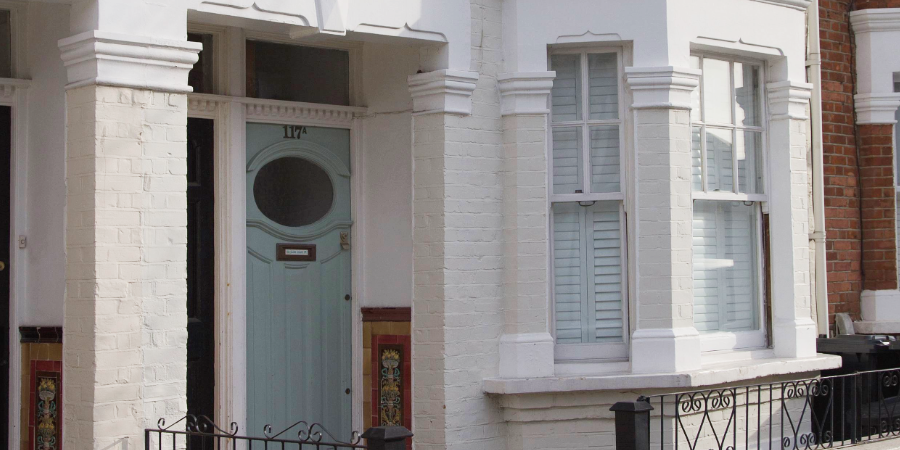Home improvements are often seen as a surefire way to increase the value of your property. After all, who wouldn’t want a brand-new kitchen, a loft conversion, a stylish bathroom, windows or a new door? However, not all renovations are created equal. Some changes could decrease your home’s value by making it less appealing to potential buyers. Before you start your next project, it’s crucial to consider whether your plans might do more harm than good. This advice may seem obvious to many homeowners, but for those who have yet to consider it or don’t think they need to because they’re not planning to sell their homes anytime soon, this blog post is for you.
The Danger of Over-Personalisation
One of the biggest pitfalls in home improvement is over-personalisation. While your home could reflect your personality and style, going too far can be a mistake. Particular features—like themed rooms, bold colour schemes, or unconventional layouts—might appeal to you, but they can be off-putting to prospective buyers with different tastes. In some cases, removing walls to create an open-plan layout or converting bedrooms into other spaces can significantly reduce the number of bedrooms, thus lowering the overall market value. This potential financial loss should serve as a caution to homeowners.
Removing Period Features
In the UK, period properties are highly sought after. Features like original sash windows, fireplaces, and ornate cornices can be a significant selling point. Unfortunately, some homeowners replace these with modern alternatives, believing they’re improving. However, doing so can strip the property of its character, making it less desirable to buyers who value authenticity. In some cases, replacing period features can result in a significant drop in property value.
Extensions That Don’t Always Add Value
Not all extensions will add value to your home. For example, extending into your garden might give you more indoor space, but it could also reduce outdoor space, which is often just as valuable. Similarly, converting a garage into a living space is a good idea, but losing a garage is a significant drawback for future buyers in areas where parking is at a premium. It’s essential to weigh the benefits of extra space against the potential downsides.
Poor-Quality DIY
Another common mistake is undertaking DIY projects that are beyond your skill level. Poorly executed home improvements—such as uneven tiling, shoddy carpentry, or poorly fitted windows—can detract from the overall quality of your home. Buyers will notice these imperfections and may factor the cost of correcting them into their offers, leading to a lower sale price.
Ignoring the Local Market
The local property market is one of the most important considerations when planning home improvements. Even high-quality renovations can fail to add value if they push your property above the ceiling price for your area. The ceiling price is the maximum price buyers will pay for a home in your location, regardless of its features. Over-investing in your property can lead to losing money in the long run, money you might not be able to recoup when you sell.
Balancing Your Improvements
The key to successful home improvements is balance. While making your home exactly how you want it is tempting, it’s essential to consider future buyers; even if you don’t have a desire to sell now, things change. One decision today may be different from the decision years from now. So opt for changes that enhance your property’s appeal without alienating potential buyers or exceeding the local ceiling price. This balanced approach will empower you to make decisions that protect and increase your property value. Focus on maintaining or restoring period features, using neutral colours, and ensuring any DIY projects are done professionally.
Final Thoughts – Get Expert Advice
Home improvements can undoubtedly add value to your property, but it’s crucial to approach them cautiously. By avoiding over-personalisation, preserving period features, and keeping an eye on the local market, you can ensure your renovations positively impact your home’s value. However, to confidently navigate these potential pitfalls, it’s crucial to seek expert advice. This will reassure you that your decisions are well-informed and your home improvements work in your favour.
If you’re considering replacing your sash or casement windows or your front, French, or bi-fold doors, Wandsworth Sash Windows can provide expert advice tailored to your property. With years of experience manufacturing and installing windows and doors that enhance homes’ charm, we can help you make the right decisions to protect and potentially increase your property value. Contact us today to discuss your options and ensure your home improvements work in your favour.

